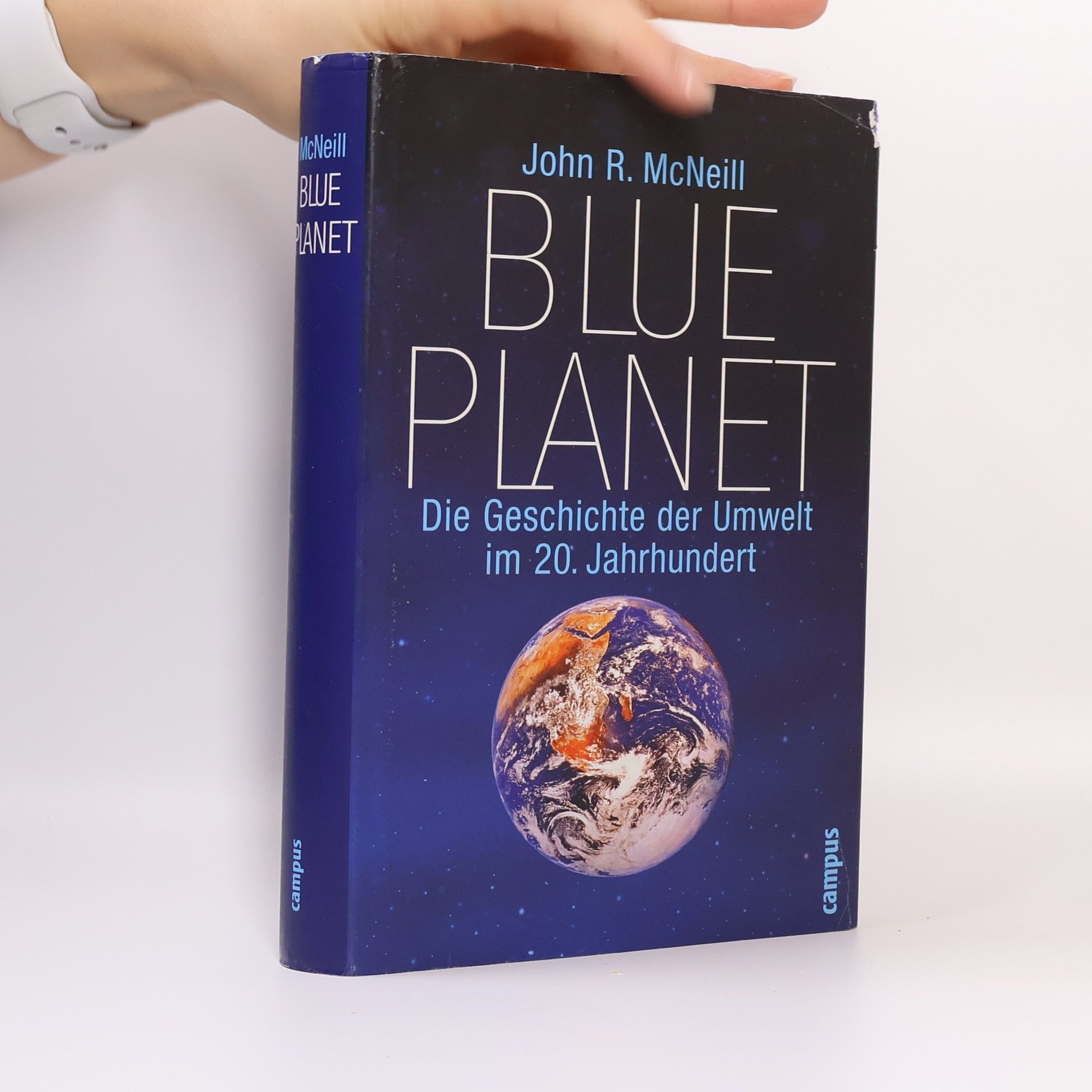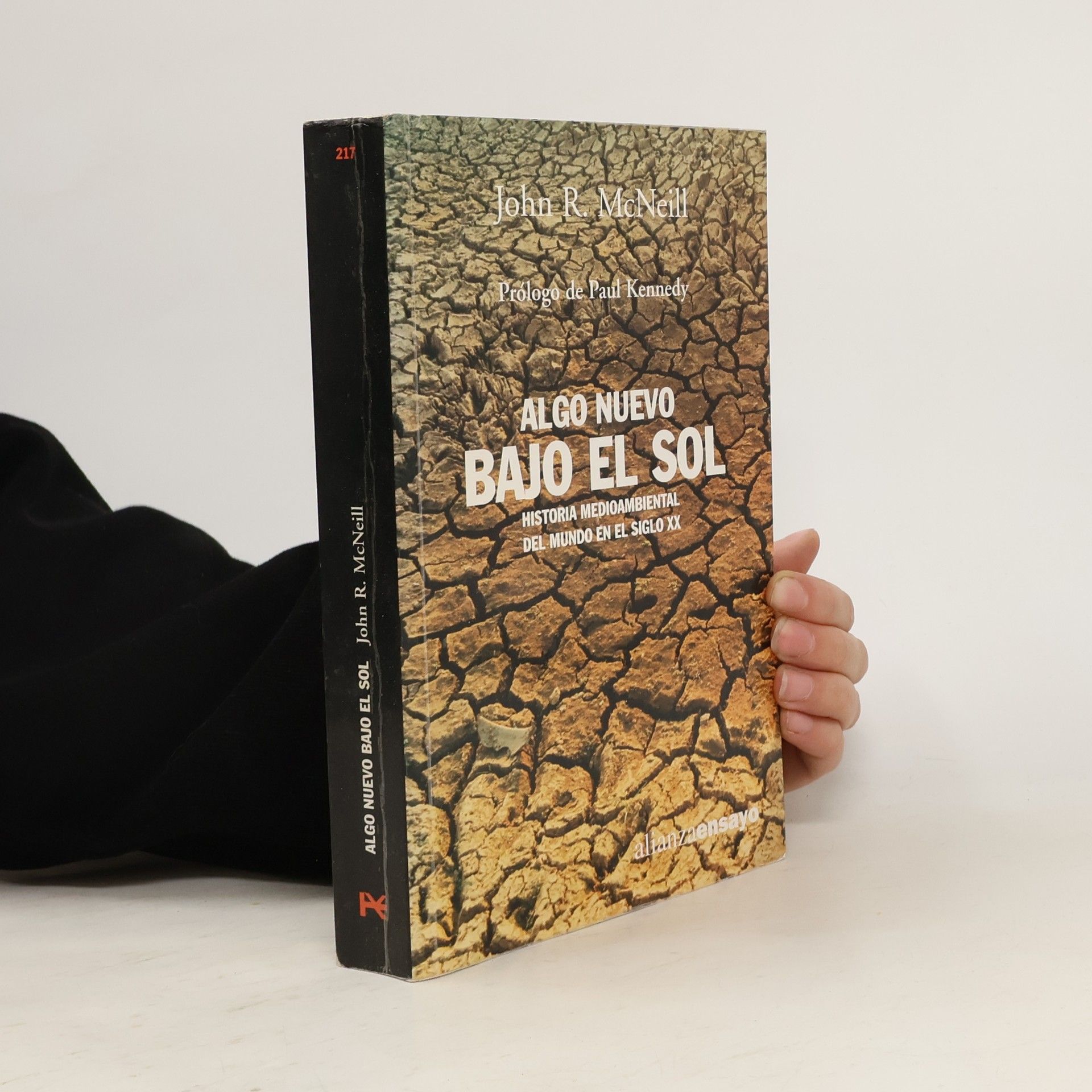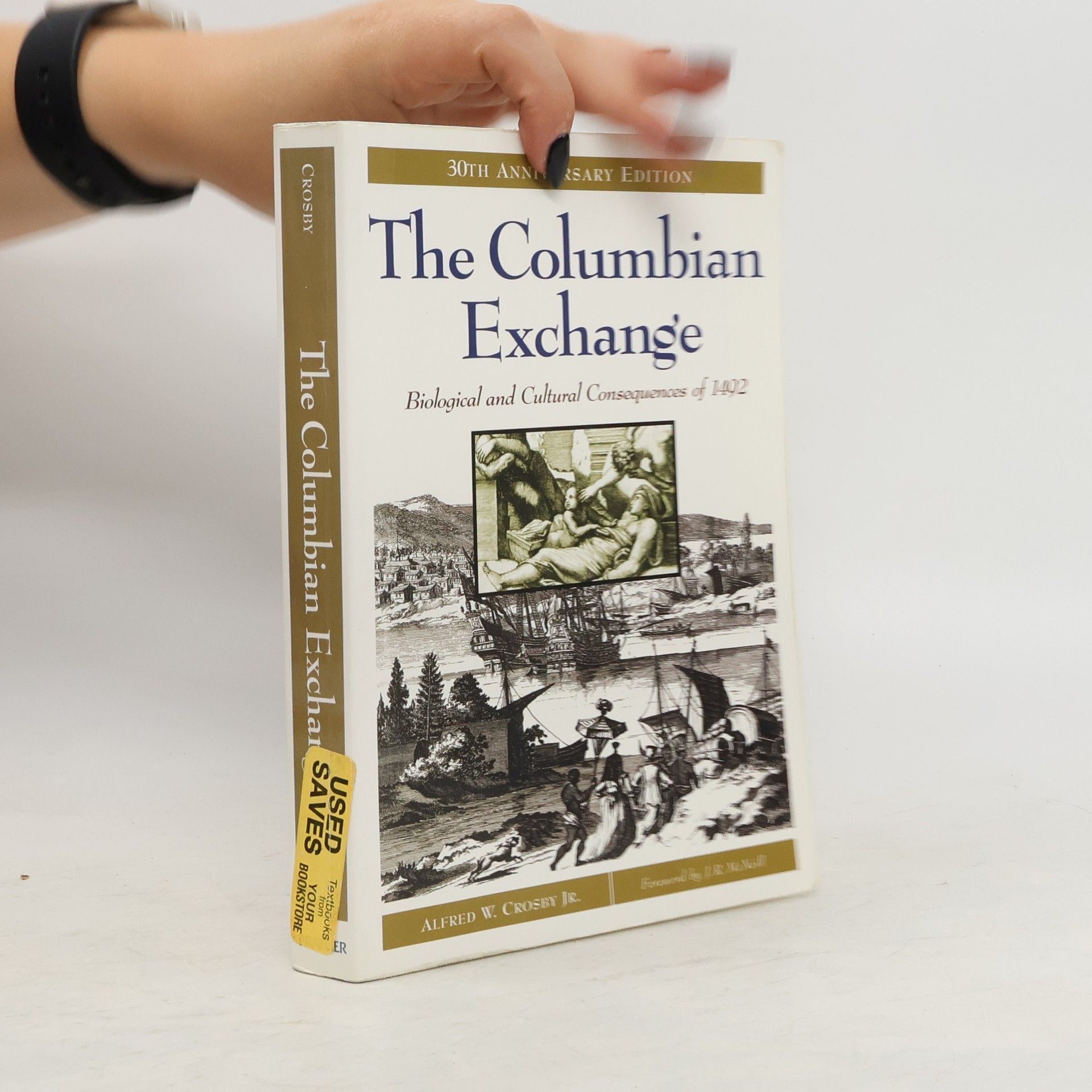Thirty years ago, Alfred Crosby published a small work that stressed a simple point - that the most important changes brought on by the voyages of Columbus were not social or political, but biological in nature. This 30th anniversary edition includes a new preface from the author.
John Robert McNeill Books



Guerras mundiales, el auge y caída del comunismo, la difusión de la democracia: la historia del siglo XX se suele contar a través de acontecimientos así. Pero, en este siglo, la humanidad también ha remodelado, en un grado sin precedentes, el aire, el agua, el suelo y la biosfera de la Tierra. Tal como escribe John R. McNeill en este importante libro, el cambio medioambiental acabará siendo con el tiempo el aspecto más significativo del siglo XX.
Blue planet
- 496 pages
- 18 hours of reading
Die Tsunami-Katastrophe in Südostasien hat uns auf furchtbare Weise vor Augen geführt, wie zerbrechlich der Blaue Planet ist. Viele Naturkatastrophen sind dabei durch den Menschen selber verursacht. John McNeill hat eine Vielzahl von Daten und Fakten zusammengetragen, die belegen, wie die Menschen schon lange vor Beginn der Industrialisierung massiv in die Natur eingegriffen haben: Durch Boden-, Gewässer und Weltraumverschmutzung haben sie Sauren Regen, Smog und Ozonloch geschaffen. Küstenveränderungen, Ausbeutung der Bodenschätze, Artenausrottung und Gentechnik sorgen dafür, dass nichts bleibt, wie es war. McNeill legt die Fakten dar, ohne den moralischen Zeigefinger zu heben – und gerade dadurch weckt er kritische Aufmerksamkeit für den Umgang mit unserem Planeten. »Das originellste Buch, das ich in diesem Jahr gelesen habe.« Eric Hobsbawm »Bewundernswert sachlich … Anstelle apokalyptischer Warnungen vermittelt McNeill klaren Verstand.« Economist